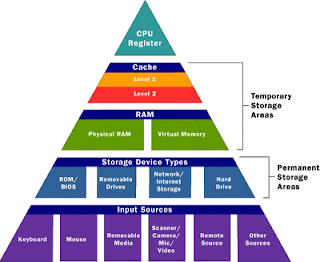Excel by far is my favorite Microsoft application. I love the data analysis capabilities. Excel is extremely useful in my professional and personal work.
Traditionally, I used excel for simple tasks, reports and organizing data. Learning about formulas unlocked a whole new world. Using the formulas is the most useful thing about Excel. Learning different formulas always appeared challenging and intimidating. Once I learned the basics to formatting cells and implementing equations, I began to discover what a true jewel the Excel software is.
Please read the following link. It briefly presents some basic information about Excel formulas.
http://www.ehow.com/how_9699_create-excel-formula.html



